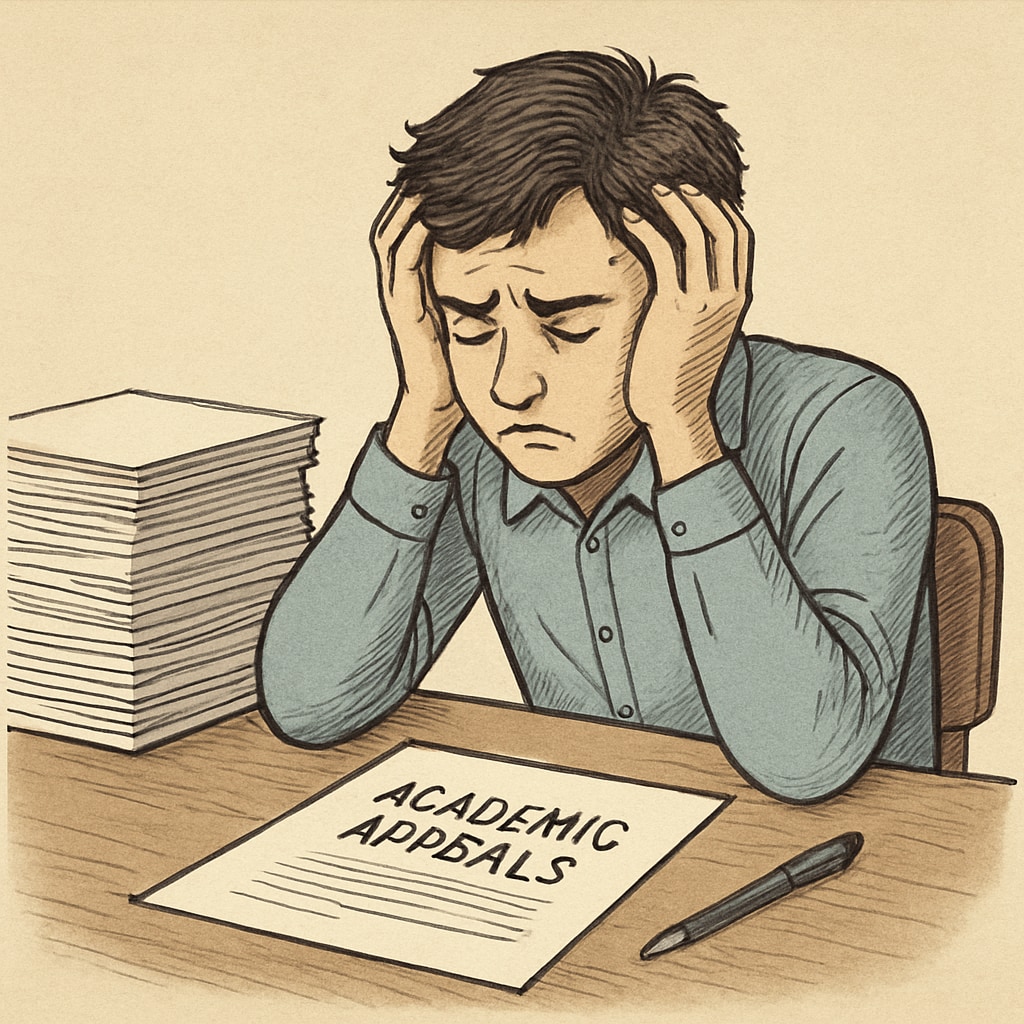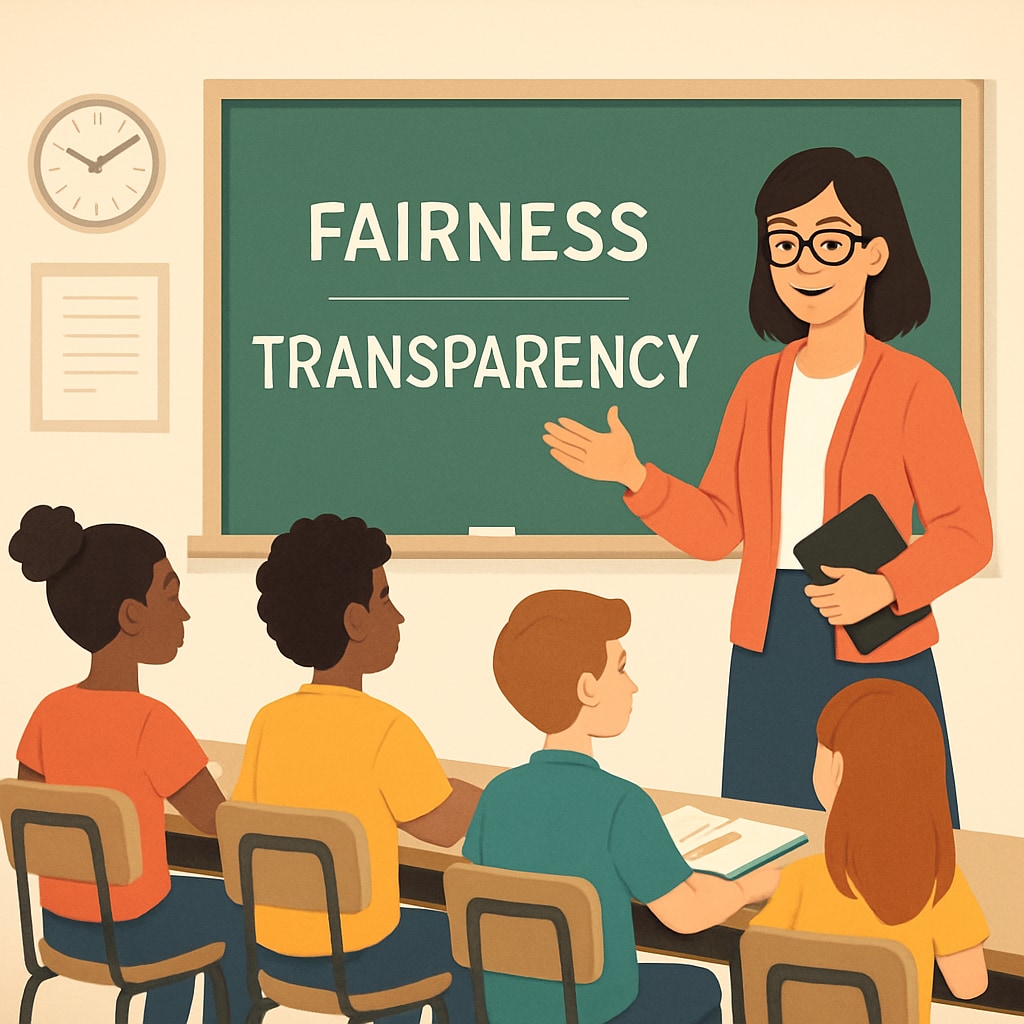Facing unfair academic assessments, teacher misconduct, or grade disputes can be a daunting experience for students. Yet, many find the academic appeals process to be equally challenging, often riddled with systemic flaws that discourage transparency and fairness. In this article, we delve into the hurdles students face when appealing unjust assessments, examine how these challenges impact their academic and personal growth, and propose actionable solutions to create a more equitable system.
Understanding the Challenges in the Academic Appeals Process
Academic appeals are meant to provide students with a formal mechanism to dispute grades or address teacher misconduct. However, the reality for many students is far from ideal. Common issues include unclear guidelines, lack of support, and fear of retaliation. These obstacles make it difficult for students to pursue appeals effectively, often leaving them feeling powerless.
For example, some institutions lack standardized procedures for handling disputes. This inconsistency can result in confusion and unequal treatment. Additionally, the appeals process often requires substantial documentation, which can be difficult for younger students in K-12 education to compile. As a result, many students may abandon their appeals due to the overwhelming complexity of the system.

The Impact of Unfair Assessments on Student Development
Unfair academic assessments can have long-lasting consequences for students. Beyond the immediate impact on grades, they can erode self-confidence, foster distrust in the educational system, and hinder future opportunities. For example, a student denied a deserved grade may face obstacles in college admissions or scholarship eligibility, affecting their academic trajectory.
Furthermore, when students experience teacher misconduct, such as favoritism or bias, it can lead to feelings of alienation. This not only impacts their academic performance but also their mental health. As a result, addressing these issues through effective appeals mechanisms is crucial for fostering a supportive and equitable educational environment.

Building a Transparent and Fair Academic Appeals System
To address the shortcomings of current academic appeals systems, several steps can be taken to ensure fairness and transparency:
- Standardized Procedures: Institutions should implement clear, consistent guidelines for submitting appeals. This includes outlining the necessary documentation and timelines.
- Support Mechanisms: Establishing dedicated student advocacy offices can provide guidance and resources, particularly for younger students in K-12 education.
- Independent Review Panels: Appeals should be reviewed by neutral panels, ensuring unbiased decisions free from potential conflicts of interest.
- Training for Educators: Teachers and administrators should receive training on ethical assessment practices to minimize instances of misconduct.
By implementing these measures, educational institutions can create a system that empowers students to address unfair assessments without fear of retaliation or unnecessary obstacles.
Readability guidance: The article uses concise paragraphs, lists to summarize key points, and avoids excessive jargon. It aims to balance professional language with accessibility, ensuring it resonates with both students and educators.


